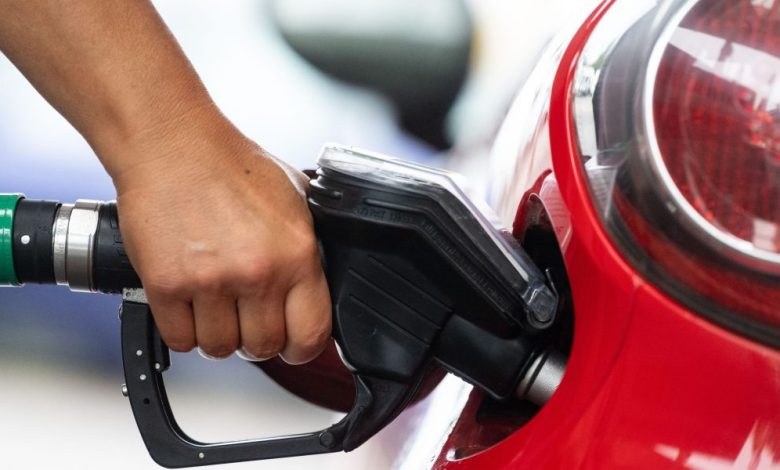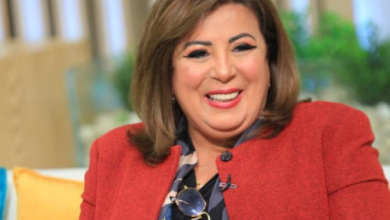Oil Will Break $100 This Year: Goldman Sachs

Oil will surge above $100 a barrel again this year and could face a serious supply problem in 2024 as spare production capacity is exhausted, according to Goldman Sachs Group Inc.
As sanctions are likely to cause Russian oil exports to fall and Chinese demand to recover when the country ends its Covid-Zero policy, prices will surge from their current levels of around $80 to over $100, according to Goldman .
A lack of industry spending on the production needed to meet demand will also be a driver of higher prices, and that lack of capacity could become a major problem by 2024, analyst Jeff Currie said on the sidelines of a conference in Riyadh , Saudi Arabia , on Sunday.
“The commodity supercycle is a series of price spikes where every high is higher and every low is higher,” said Currie, who leads commodity research at Goldman. By May, oil markets should result in a supply-versus-demand deficit, he said. That could eat up much of the idle capacity from global producers, which will have a positive impact on prices, he said.
Oil prices have had a volatile few years, plummeting below $20 during the coronavirus pandemic before surging to nearly $130 after Russia’s invasion of Ukraine disrupted supply, which was already lagging behind global demand. Transportation fuel costs rose even further as refiners hit capacity before falling behind as countries looked for alternatives.
Saudi Energy Minister Prince Abdulaziz bin Salman also used his comments at the conference in Riyadh on Saturday to denounce the lack of investment in refining capacity that has left the world undersupplied. He reiterated that OPEC+ will remain cautious in deciding when to ramp up production.
Saudi Arabia, along with Russia, is a de facto leader in the group that brings together the Organization of Petroleum Exporting Countries and other producers to match supply and demand while keeping prices palatable to members. Prince Abdulaziz said OPEC+ efforts to limit supply saved oil markets during the demand slump during the pandemic.
Currie reiterated Goldman’s view that OPEC+ will lift production caps and look to increase production later this year. An OPEC+ market surveillance committee recommended this month that the group leave oil production unchanged.
“Right now we’re still balanced in surplus because China has yet to fully recover,” Currie said. Capacity will likely become an issue later this year when demand exceeds supply, he said.
“Are we running out of free production capacity? You may start having a serious problem by 2024.”
Learn how to navigate and build trust in your organization with The Trust Factor, a weekly newsletter exploring what leaders need to succeed. Login here.



